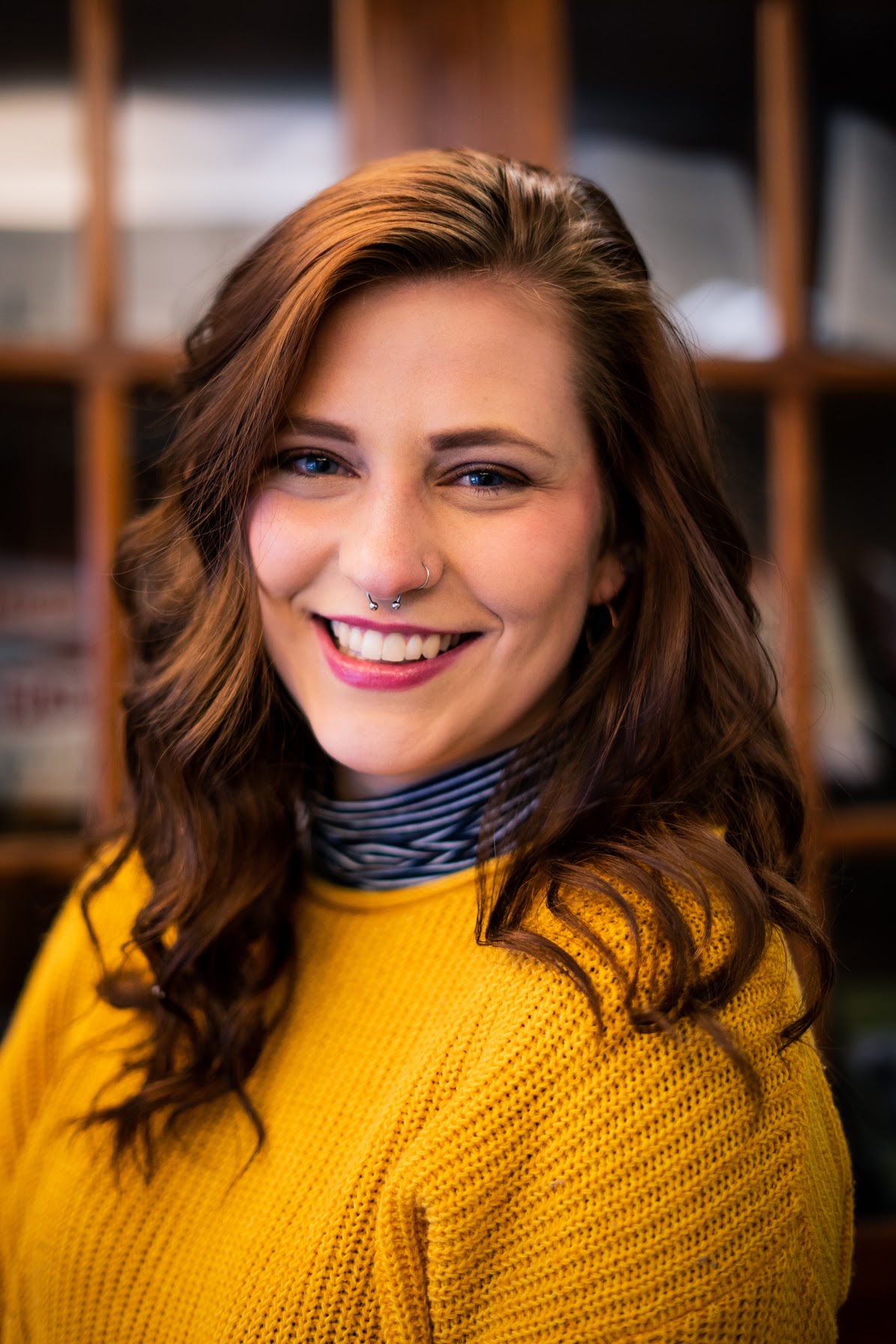Connections with Youth, Parents, and Partners Strengthen a Sexual Health Education Project
Published:

This spotlight was developed by Morgan Aderton, Strategic Communication & Dissemination Coordinator at James Madison University (JMU), in collaboration with the RHNTC. JMU houses SexEdVA, a TPP20 Innovation and Impact Network project that facilitates the Disability-inclusive Sexual Health Network (DSHN) as well as other work to support adolescent sexual health.
We are a network, so we work with other Virginia-based organizations that are already engaged with the disability community. Our goal is to equip them with the materials and tools they need to integrate sexual health education into their existing classes and student groups.
The response we received at a conference where we exhibited solidified our project’s main hypothesis: There was a gap in disability-centered services in Virginia and we are filling it.
There were no other booths focused on sexual health for people with disabilities. Sometimes we have trouble convincing people that parents want this type of information. But parents approached us, eager to learn more about sexual health education and asking for resources and advice.
We originally saw our position as the network’s backbone. Our work would primarily consist of supporting and connecting partners, gathering data, and doing outreach through social media. We didn’t anticipate the need for us to create our own content or become a creator hub. Yet that is how our project has evolved. We still make connections between partners, but we’re the first point of contact for most of them. Now that we’re getting close to the end of the project, we’re encouraging them to work more with each other rather than having us do that work.
Within our program, we also have a youth advisory board that we affectionately call YAB. Connecting with them has been the most meaningful relationship for me because they are the first sounding board for anything we do. Having access to youth in the community is critical. These are people who can tell you about their experiences and what they’re actually going through in school. Even more, they can tell you what actually might be helpful for them or what they wish they would have known.
Make sure that you set up or can directly access some sort of youth advisory board. The board won’t ever represent the breadth of youth experiences, but it will help you brainstorm ideas and get a clearer idea of where you want to go.
This work has been truly transformative for me. I didn’t go to school to be a sexual health educator. I didn’t study disability. Anyone can promote accessible sexual health education. I hope our program, and potentially my story, inspires at least one person to consider the need for accessible sexual health education.
—Morgan Aderton, James Madison University
Copyright Morgan Aderton, distributed under a Creative Commons Attribution-NonCommercial-ShareAlike license
